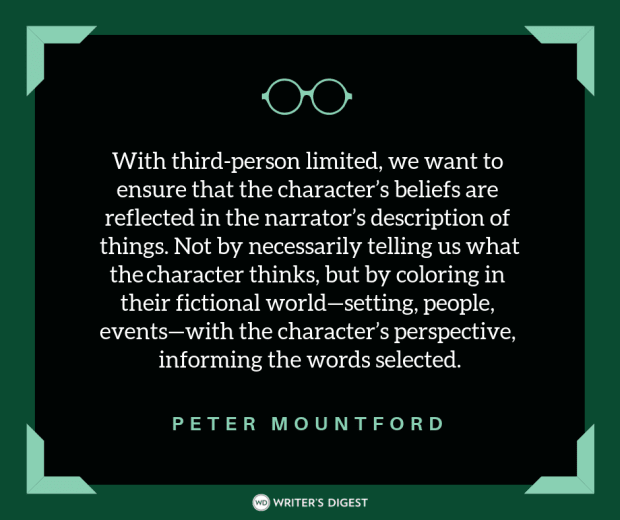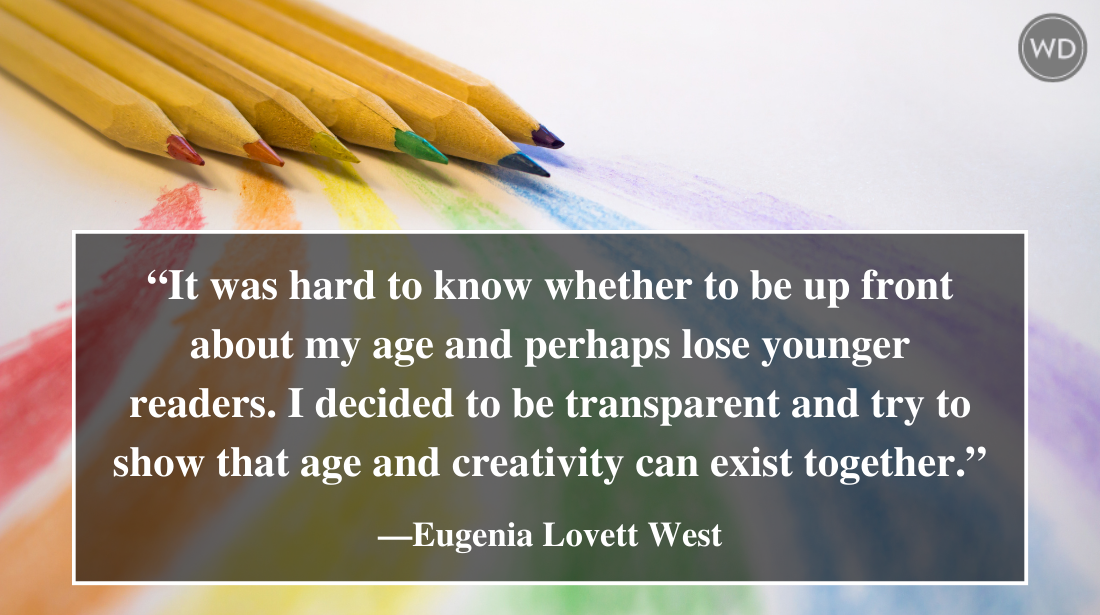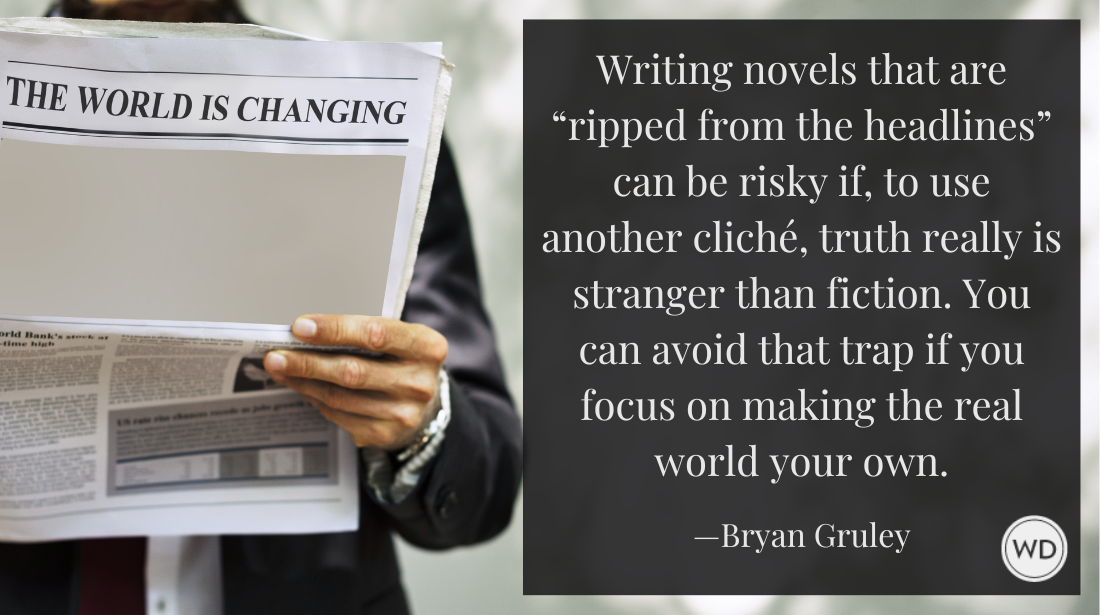5 Things The Great Books Taught Me About Writing
Today’s guest post is by Robert Bruce, a full-time writer and a book blogger at 101 Books, where he is currently blogging through Time Magazine’s 100 All-Time Novels. Follow him…
Today's guest post is by Robert Bruce, a full-time writer and a book blogger at 101 Books, where he is currently blogging through Time Magazine’s 100 All-Time Novels. Follow him on Twitter.
--
Last summer, I started a personal quest to read through Time Magazine’s “All-Time” Top 100 books (plus Ulysses), blogging about the experience as I read.
What started as a project to reignite my love for fiction has also become a casual study of how some incredible authors approach writing.
As a nonfiction writer, I’ve always errantly sought inspiration within my own world of writing. But reading these novels has helped me see that the other side of the street isn’t all that different.
I’m still early in this 101 book project—16 books completed—but here’s what I’ve learned so far:
1. Choose substance over style.
In deference to the title of the blog on which I am guest posting, “There are no rules.” Read George Orwell, John Updike, and Cormac McCarthy consecutively, and you’ll see that there’s no formulaic method to writing well. Every great author has a unique style, but they all have one thing common—powerful stories.
2. Embrace the dark side.
Bad things happen in real life. Some of the most powerful passages I’ve ever read were also some of the most depressing passages I’ve read. Whether it’s Janice Angstrom accidentally drowning her infant daughter in Rabbit, Run or Joelle Van Dyne attempting to kill herself with heroin in Infinite Jest, some downright brutal stuff happens in great fiction—as in real life.
3. Open with a bang.
I love the opening line of Lord of the Flies: “The boy with fair hair lowered himself down the last few feet of rock and began to pick his way towards the lagoon.” So many questions: Who is the boy with fair hair? Why is he climbing down a rock? Why is a kid in a lagoon? Great books have a way of pulling the reader in within the first page. The writer doesn’t necessarily have to drop you into the middle of a car crash or fiery explosion, but they paint a picture of a setting or a scenario that’s hard to resist.
4. Explore deeper issues.
I think a misconception about fiction is that it serves only as an escape. While everything isn’t spelled out in black and white, every good novel has great lessons buried within. What can you learn about power from 1984? Or social justice from To Kill A Mockingbird? Or self-indulgence from Infinite Jest?
5. Read with purpose.
It’s been said many times before: To write well, you must read, read, read. But don’t read passively, as if you’re skimming a biology textbook in high school. Unengaged reading will never spark creative writing. Read with a purpose. Highlight. Look for something that moves you, and keep coming back to it.
If you’re struggling with the pen lately, read a little Hemingway, Orwell, Fitzgerald. What better people to emulate, and be inspired by, than some of the greatest writers to walk the planet? Just find some of the great books and read them. Your writing will thank you.
--
Jane Friedman is a full-time entrepreneur (since 2014) and has 20 years of experience in the publishing industry. She is the co-founder of The Hot Sheet, the essential publishing industry newsletter for authors, and is the former publisher of Writer’s Digest. In addition to being a columnist with Publishers Weekly and a professor with The Great Courses, Jane maintains an award-winning blog for writers at JaneFriedman.com. Jane’s newest book is The Business of Being a Writer (University of Chicago Press, 2018).









